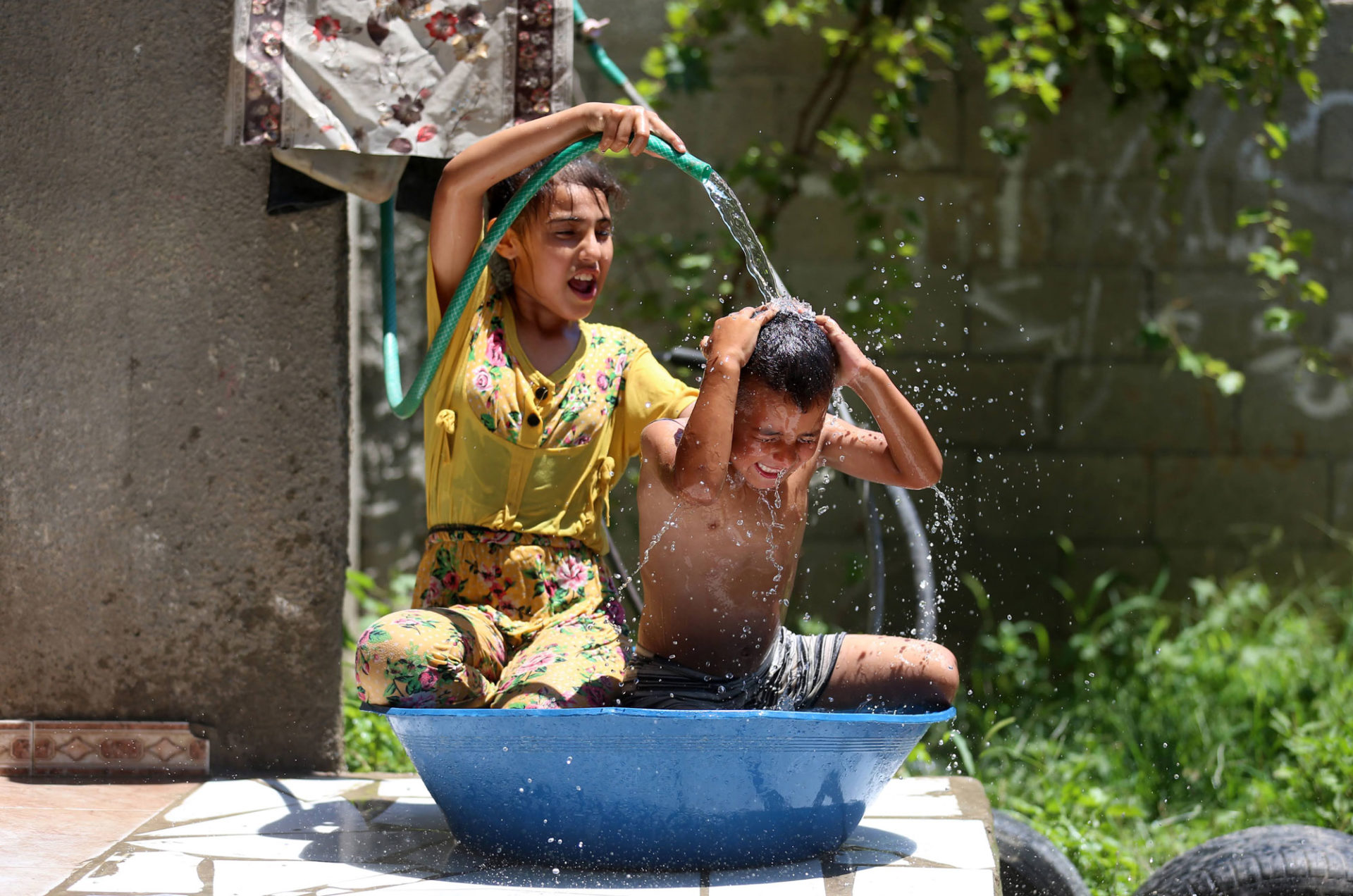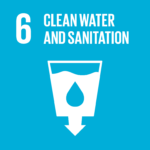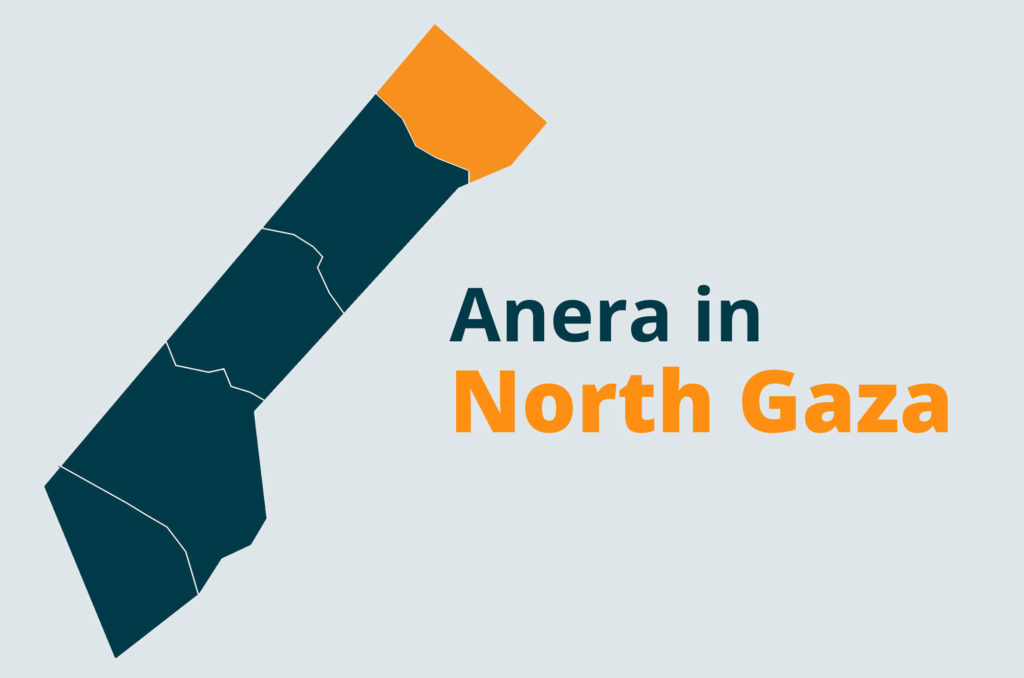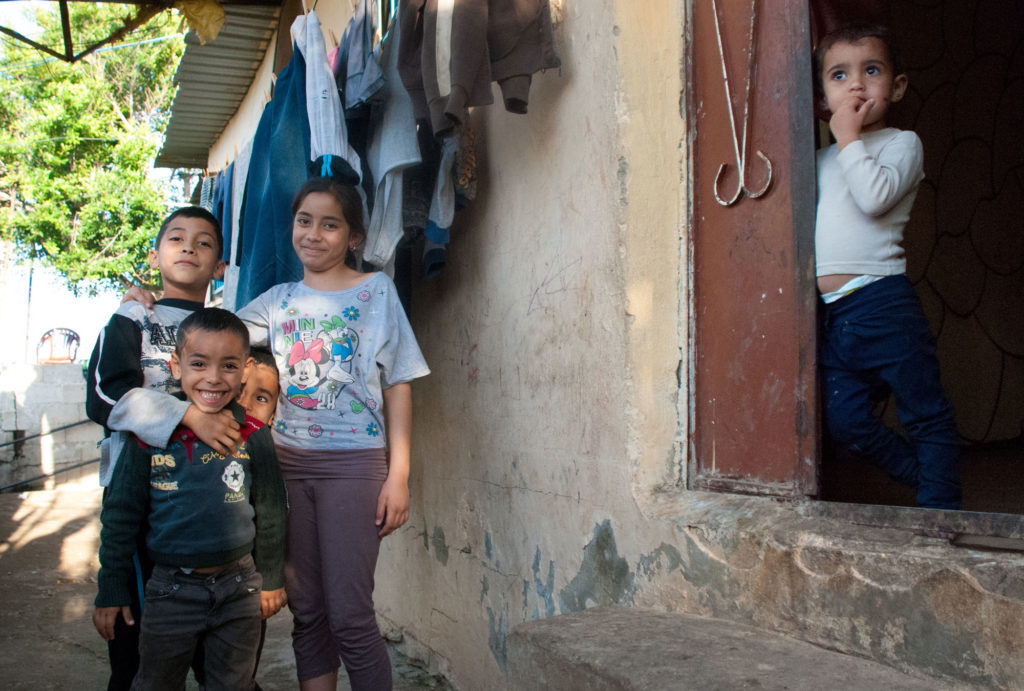Aug, 2022
Connecting homes in Gaza to reliable water access
The city of Beit Hanoun in North Gaza is home to 59,000 people. The community suffers from unemployment, economic hardships, and water scarcity, and most rely on social assistance to survive. Before Anera and USAID’s support through the Palestinian Community and Infrastructure Development program, Beit Hanoun had a very poor water network. A large section of the water network was either deteriorated or undersized, and urgently required replacement to provide adequate quantities of domestic water to the residents and increase the available per capita quantities on a regular basis.
In 2021, the total water production was around 4.5 million cubic meters of water, of which, 2 million cubic meters was lost due to faulty and old water connections. That is as much as 13 million bathtubs of water gone to waste!
Anera, with support from USAID, has installed 8,500 meters of pipes. Now, 12,000 residents in the area are receiving 120 liters per capita of domestic water per day, allowing them to follow good hygiene practices and perform the basic household duties that most people take for granted.
Amal’s experiences are just one of the many stories that reflect the real struggle of Beit Hanoun residents.
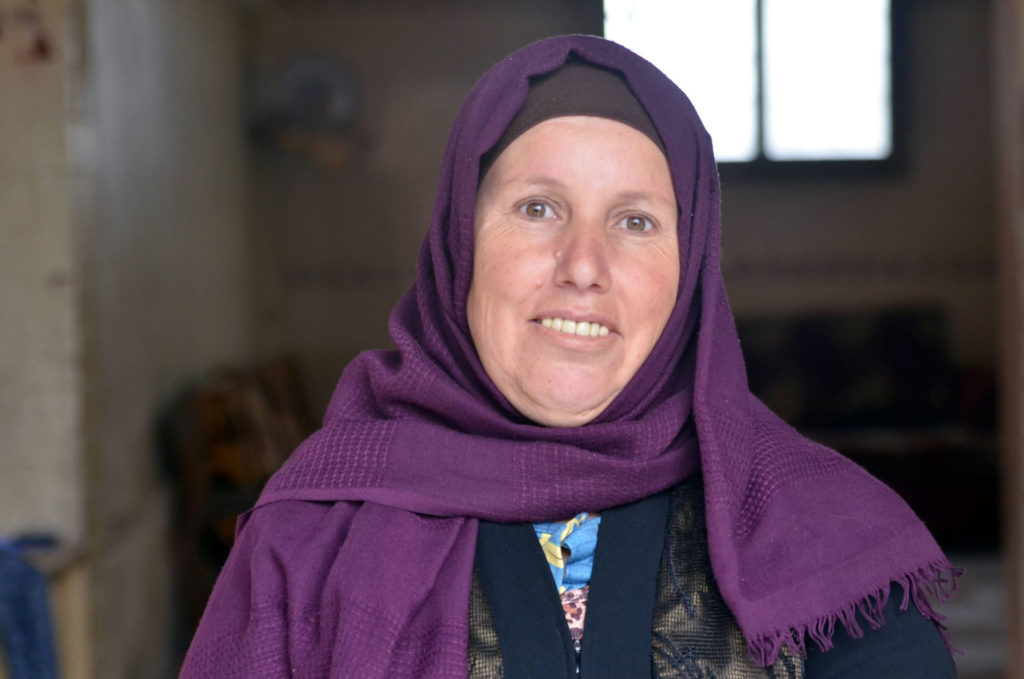



Living without water is "a living nightmare."
Though her name means ‘hope’ in Arabic, Beit Hanoun resident Amal Assaleya had fallen into despair. Her stepdaughter, who has a mental disability, was screaming all day.
“The only thing that truly calms her down is taking a bath,” Amal says. “But how can you explain to a mentally challenged person there’s no water in the tank? Short answer: you can’t.”
In this Palestinian city, as elsewhere in Gaza, water is more than just life for the community. For its residents, reliable water access offers peace of mind. Beit Hanoun can go as long as three or four days without water. When the average highest temperature is 100 degrees Fahrenheit, droughts happen naturally, but what we're seeing now is significantly worsened by water politics.
Amal, who has seven children and a husband who earns a very humble salary, tells us living without electricity is one thing, but living without water is a ‘waking nightmare.’ Amal would have to purchase water once or twice a week and pay 30-40 shekels to fill her roof tanks. Most times, Amal would pray for water, turn on the tap, and wait for it to come. That is, if the water came — and when it did not she would have to find alternative solutions.
“When the water tankers were too busy to deliver water to my home, I spent so much time going to get water for my family from agricultural land and paying for it using my husband’s small wage.”
“I would have to carry heavy water buckets to my house and often times make my older children help me. It was very tiring and time consuming for all of us,” Amal says.
“Having water would be on my mind when I went to sleep and the first thing on my mind when I woke up."
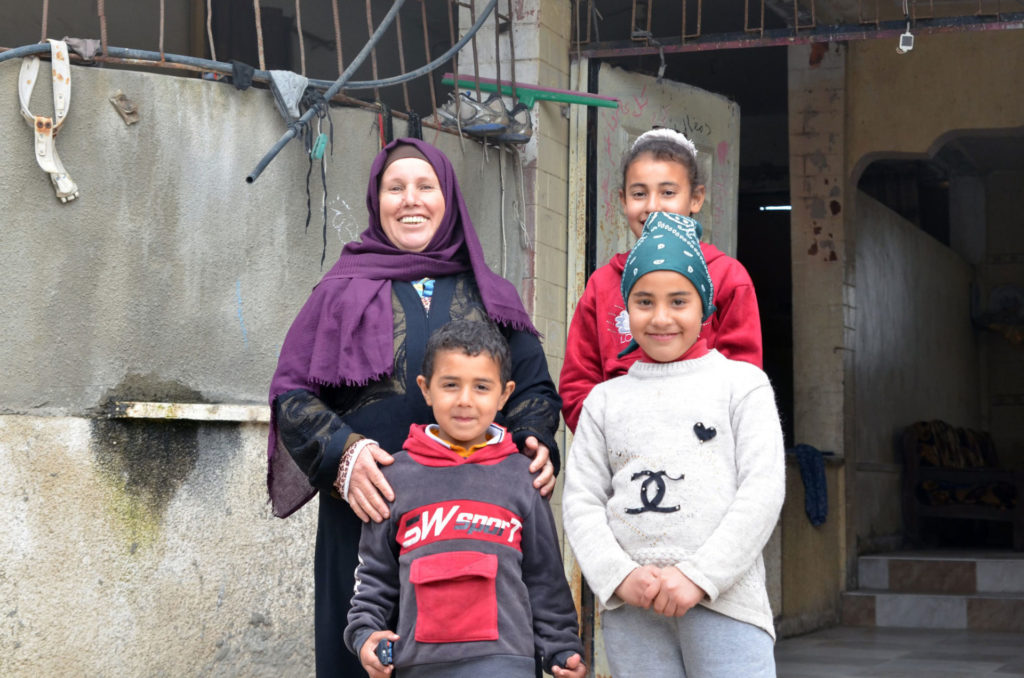



"I [used to] automatically cancel all my plans so I [could] take advantage of the water to bathe my children and clean my house.”
For Amal, the water shortages also caused her social problems. “A lot of times I would make plans to visit my neighbors, friends, or family but then I got lucky and the water came. I automatically cancel all my plans so I can take advantage of the water to bathe my children and clean my house.”
She adds, “I became known for the person that ‘always’ cancel plans. People would get so annoyed with me.”
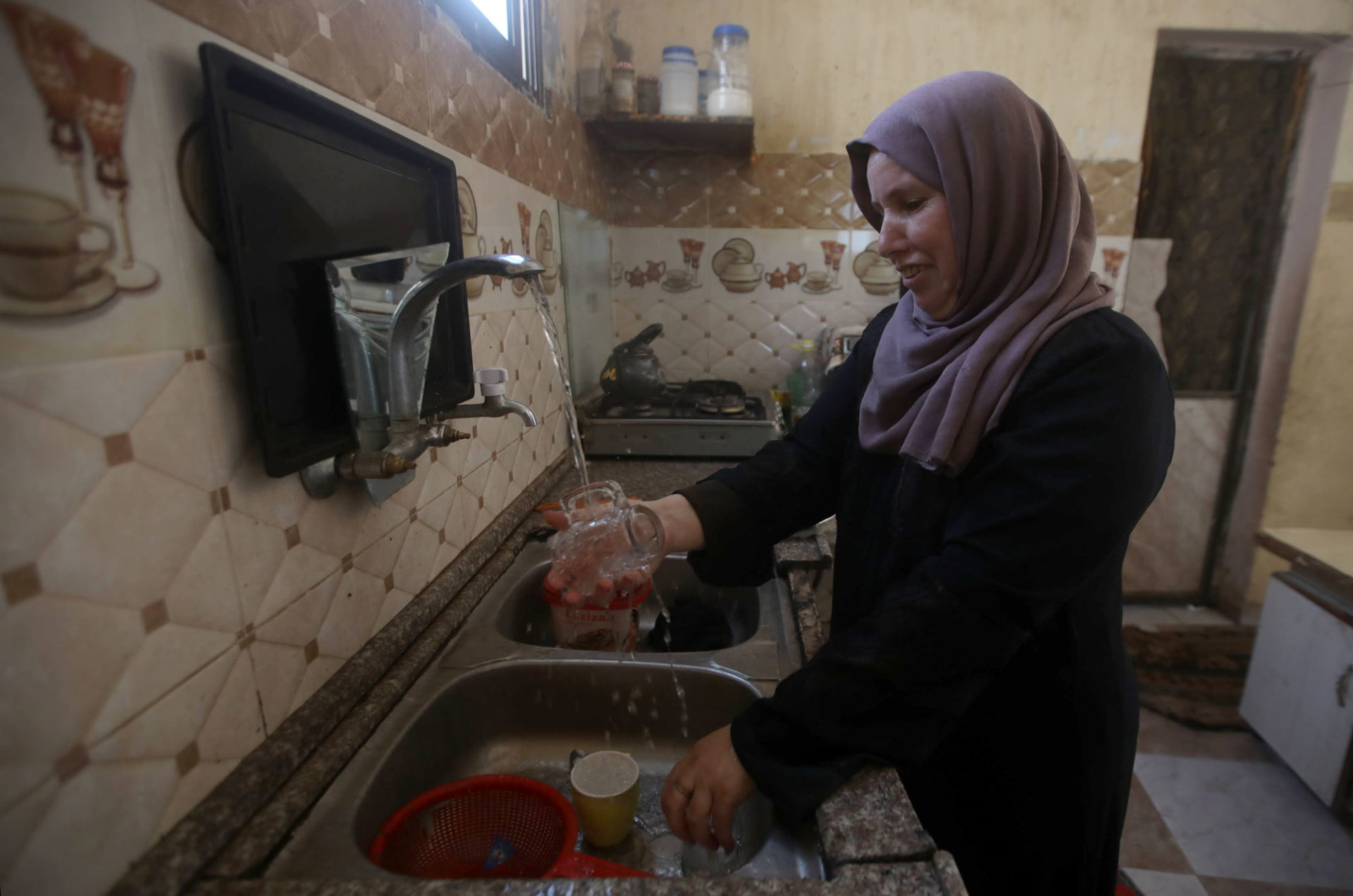

Many residents of the Beit Hanoun area would go days without flushing their toilets. “It was embarrassing when people would come over and there was no water in the tank to even flush my toilet. In my household we had rules on when and how to flush the toilet. Thank God those days are over with.”
Luckily for Amal, her husband, her mentally challenged stepdaughter, and the seven other children, those nightmares are all water under the bridge.
“My children used to go a week or more without bathing because I would have to save the water for something else. Because of this project, I can now teach my children proper hygiene. My family’s hygiene situation has definitely changed for the better, and they can spend more time playing, studying and doing what other children their age are doing. You should see them now.
"Knowing the water won’t cut out abruptly in the middle of cleaning and bathing is such a relief. Bathing is a fun experience for all of us now. We are all much happier. It’s the basic necessities in life that truly make the difference.”


“It was embarrassing when people would come over and there was no water in the tank to even flush my toilet."
